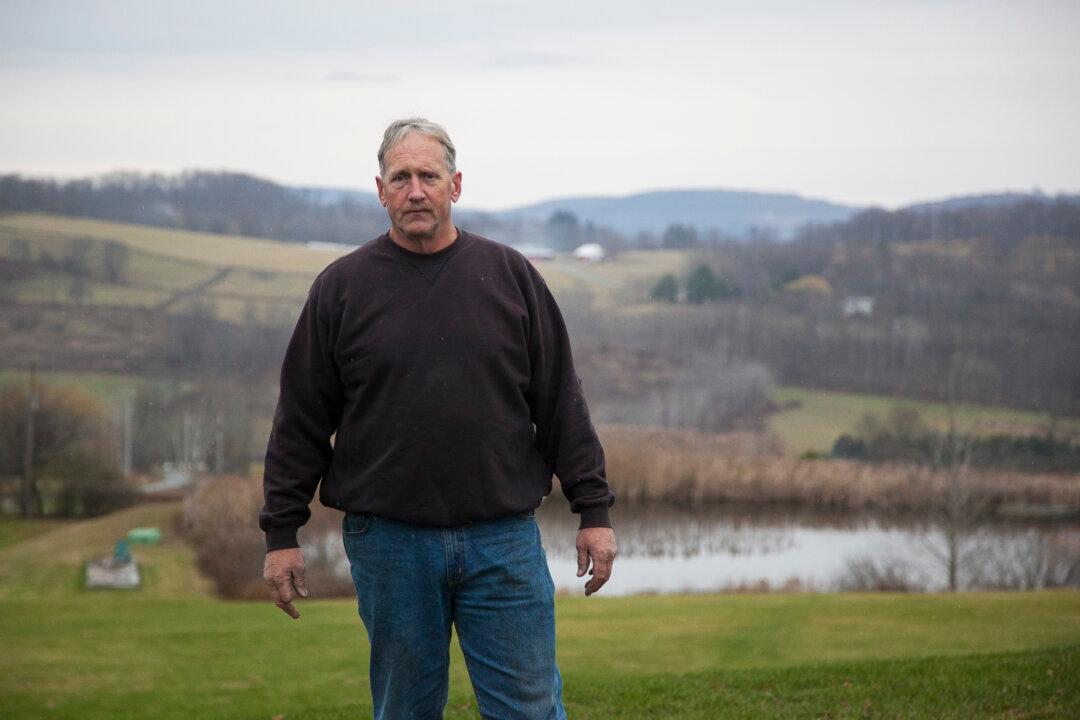NEW YORK—In 2010, former New York state governor David Paterson issued an executive order placing a six-month moratorium on fracking across the state. The temporary ban has stood the test of time through numerous bills and two administrations, but political pressure to lift it is building.
Since the moratorium is not codified into law, it does not have an expiration date and thus Gov. Andrew Cuomo has yet to decide what to do—much to the chagrin of many struggling farmers in upstate New York who stand to benefit from fracking on their land.
Some say the ban was instituted in response to the growing protests from environmentalists and New York City residents who were concerned that an aquifer in upstate New York that provides water to the city would be contaminated.






